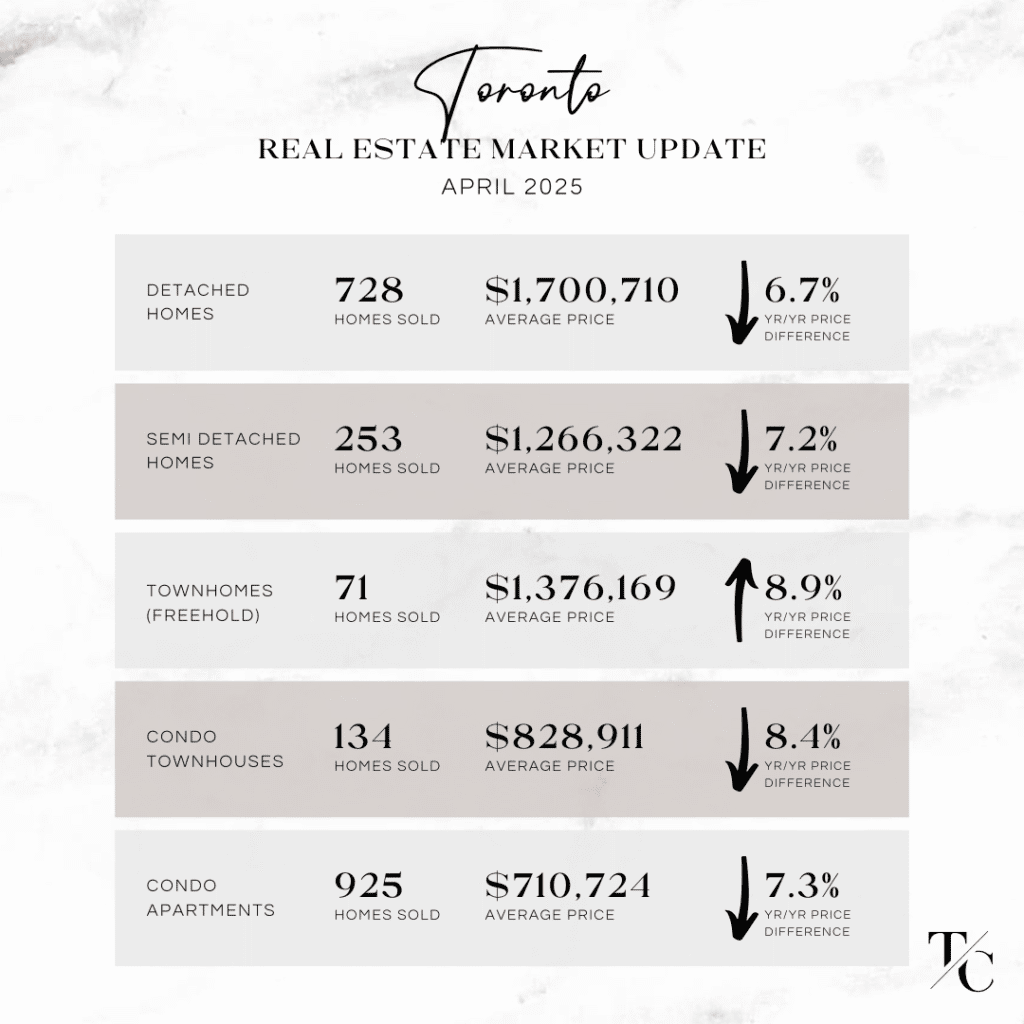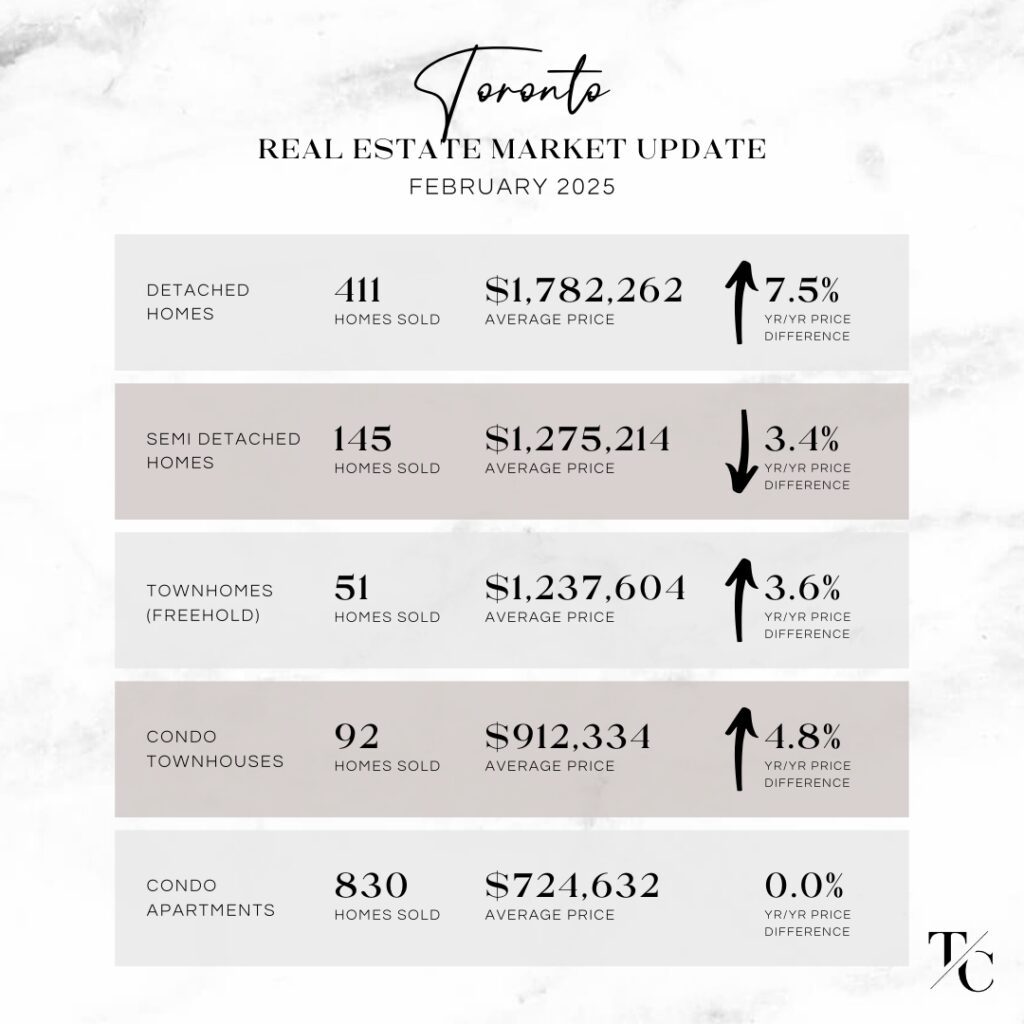Big changes are ahead for the Ontario real estate industry. In this post, we’ll cover the essence of the Trust in Real Estate Services Act so you know your rights when buying or selling a property.
An Introduction to RECO
RECO (Real Estate Council of Ontario) is an organization established by the provincial government to oversee the conduct of agents, brokers, and brokerages to ensure each member abides by a strict code of ethics. In its current form, the legislation is called REBBA (Real Estate and Business Brokers Act, 2002). Under the new guidelines, it will be renamed TRESA (Trust in Real Estate Services Act, 2002).
Below is a summary of what the new Act means for you.
Relationships With Consumers
Under TRESA, the term “customer” will no longer apply. A consumer is either Self-Represented or a Client. If Self-Represented, a real estate agent cannot:
- Provide any services, opinions or advice
- Do anything that would encourage the Self-Represented party to rely on their knowledge, skill or judgement
- Encourage the Self-Represented party to represent yourself or discourage you from working with another real estate agent or brokerage
Real estate professionals may interact with Self-Represented individuals throughout a transaction. However the assistance is a service to their Client, not the Self-Represented party.
An agent can only offer assistance to a Self-Represented party if they are acting in the best interests of their own Client on the other side of the transaction. To put it another way, a listing agent can interact with a Self-Represented party if it means helping their Client sell a property. And a buying agent can assist an FSBO (For Sale By Owner) Seller if their actions benefit their Client who is purchasing the property. The self represented party must obtain a lawyer to represent them during any transaction.
Understandably, working without an agent can be risky unless you are well-educated in the industry and up-to-date with the latest market transactions. We will talk more about the risks of self-representation later.
None of this means you can’t have a casual conversation with a real estate agent about the market in general. However, the subject matter can only pertain to factual information about a property that does not construe any advice or opinion by the agent. A real estate agent can provide information that is publicly available, like sold data. However, asking a real estate agent to provide their opinion of market value to a Self Represented party would be construed as a service or advice. As such, the agent cannot provide information other than what would be fact and public knowledge.
Do you want to learn more about real estate legislation and the relationship between a Client and Realtor®? The following posts will shed some light on the topic:
- New Laws In Real Estate For 2023: A Lawyer Weighs In
- Questions To Ask Your Realtor®
- Realtor® Negotiation Red Flags You Don’t Want To Ignore
RECO Information Guide
Before obtaining the services of a Realtor® or broker, the agent will provide you with the RECO Information Guide, which you will have time to review on your own without pressure. However, the agent must also go over the guide with you before anything becomes official.
The purpose of this guide is to ensure you understand what advantages and responsibilities you will have under a Client agreement as opposed to being Self-Represented:
- The benefit of working with a real estate agent or brokerage
- The obligations the agent has toward you
- Your obligations toward the agent
- The risks of being Self-Represented
- That the brokerage cannot represent more than one Client with respect to the transaction without written consent from all parties
- If the brokerage will represent more than one Client, their obligations toward each party
Information and Disclosure to Self-represented Party Form
What happens if you choose to forgo the services of a real estate agent or a brokerage? You now become a Self-Represented party, which means any real estate agent is not permitted to provide you with services, opinions, or advice with respect to a transaction.
If they are representing a Client on the other side of the transaction, they are permitted to assist you. However, keep in mind that it is their legal obligation to represent the best interests of their own Client. If their Client is the Seller, they will use their skills and expertise to obtain the highest price and best terms from the sale. If you are the Seller and the agent represents the Buyer, they must do everything in their power to help their Client obtain the lowest price.
Working without the representation of an agent has never made sense except for the most knowledgeable and experienced Buyers and Sellers. Under these new guidelines, it makes even less sense to work without the protection and guidance of a real estate expert.
However, before agreeing to assist you with a transaction on behalf of their Client, a real estate agent must provide you with a copy of the “Information and Disclosure to Self-represented Party Form” so that you clearly understand the risks and implications involved.
Disclosures, Consents, and Acknowledgements
If you’ve ever downloaded software or an app, you know how infuriating it can be to scroll through the terms and conditions before can access the content you’ve signed up for or even paid for. And of course, it’s all written in legalese that hardly anyone can understand unless they have a law degree. Who knows what you’re actually agreeing to when you click “I agree?”
From now on, that can’t happen when working with a real estate agent or brokerage.
If there are disclosures, the word “Disclosure” must be clear and prominent. It must also be written in clear language, free of jargon and legalese, and easy to understand.
Below are some of the disclosures you may encounter when buying or selling real estate.
Implied Representation Agreements
It is critically important that it is clear whether you are being represented by a real estate agent or not. If you’re having a general conversation with someone in the industry, they must take great care to avoid the appearance of representation.
Multiple Representation
Will the agent or brokerage represent both you and the person on the other side of the transaction? Legally, they could, but only if they notify you and the other Client in writing. Plus, both Clients must provide written consent for the agreement to continue.
Conflicts of Interest
A conflict of interest arises when the competing interests of another party, including the agent themselves, come into play. As an extreme example, imagine you want to buy a home that the real estate agent owns. It is now difficult for them to represent your best interests by helping you get the property for the lowest possible price since they likely want to earn the highest amount of money possible. For services to continue, your real estate agent must inform you about the conflict. Once aware, you are under no obligation to continue to seek services from them or the brokerage.
Managing a Delayed Offer Presentation Process
As a Seller, your agent must convey that your house has received an offer as soon as possible unless you have given them a written directive to do otherwise. If choosing a delayed offer strategy, the real estate agent must inform you of the risks and benefits of going that route. In addition, they must clearly outline your options in the case of a pre-emptive offer.
Facts a Seller Has a Legal Obligation to Disclose
When selling a home, you may not wish to call attention to anything that might hurt the sale. However, the Buyer has the legal right to know about latent defects. Your agent must guide you through what to disclose while doing everything possible to ensure a successful transaction.
New Rules Regarding Open Offers
Under the new legislation, Buyers have the right to know about competing offers. The Seller is permitted, but not required, to share information such as Price, Deposit, Conditions, and Closing Date. However, no personal information will be disclosed about the person making the offer, and the real estate agent will not disclose anything without permission from their Client.
As a Buyer, you can choose whether you want to participate when these offer details can be shared with other Buyers. If you don’t wish for this information to be shared, your real estate agent can advise you on how to prevent it.
Unclaimed Money in the Real Estate Trust Account
The brokerage must make every attempt to deliver money as soon as it becomes clear who is entitled to it. If the funds are in an interest-bearing account, the owner is also entitled to any financial gains. Any funds that are unclaimed for two years must be forwarded to RECO, including any applicable interest. However, the brokerage is required to make every effort possible to find the rightful owner.
Shortfalls and Missing Property
A brokerage is required to keep a written account of any funds or property in its trust and to guard those assets carefully. If there is ever a shortfall, it must immediately report it to RECO and replace the missing property.
Code of Ethics
The code of ethics has always been strict under REBBA. Thanks to TRESA, it will now also be crystal clear and easy to understand. These are just a few of the guidelines that the new Act outlines in great detail:
- That each agent will act with integrity, honesty, and in good faith
- What disciplinary action for unprofessional or unethical conduct may apply
- That no agent will knowingly assist someone in contravening TRESA
- Fraud is now completely separate from errors, misrepresentations, and unethical conduct
- All agents must ensure their representations are accurate and not misleading
- Discrimination, intimidation, and coercion are not permitted
- No agent is permitted to discourage someone from seeking representation
- An agent should advise a person to seek representation if they don’t have the knowledge, skills, or authorization to represent themselves
Looking for a new city to call home? The posts below will give you some ideas:
- The Joy Of Oakville Living for Families
- 5 Family-Friendly Mississauga Neighbourhoods to Call Home
- Our Top Burlington Neighbourhoods For Families
More Transparency in the Industry
Whenever legislation changes, there can be a time of confusion and adjustment.
However, these recent updates should lead to even greater transparency throughout the entire industry. The intended result is more trust and accountability throughout the province which will benefit anyone seeking to buy, sell, or invest in real estate.
Do you have questions about real estate in Toronto or the West GTA? The Tanya Crepulja Team is here to help, whether buying or selling. Reach out today or call 647-293-3785 for more information.







